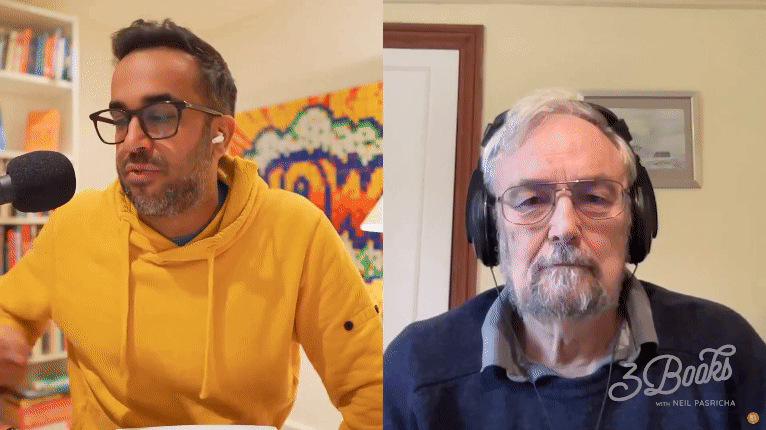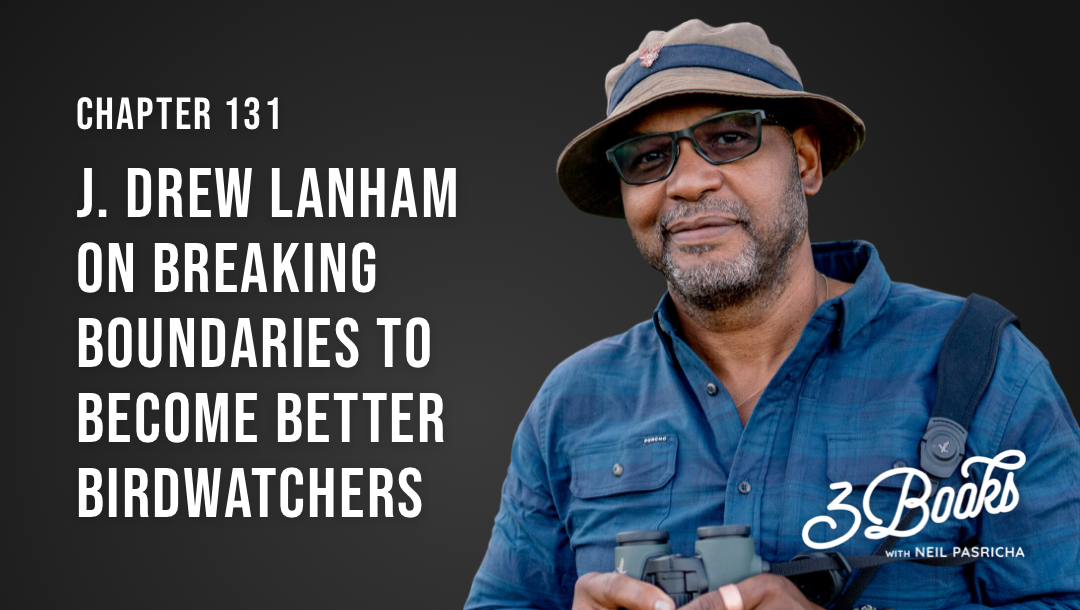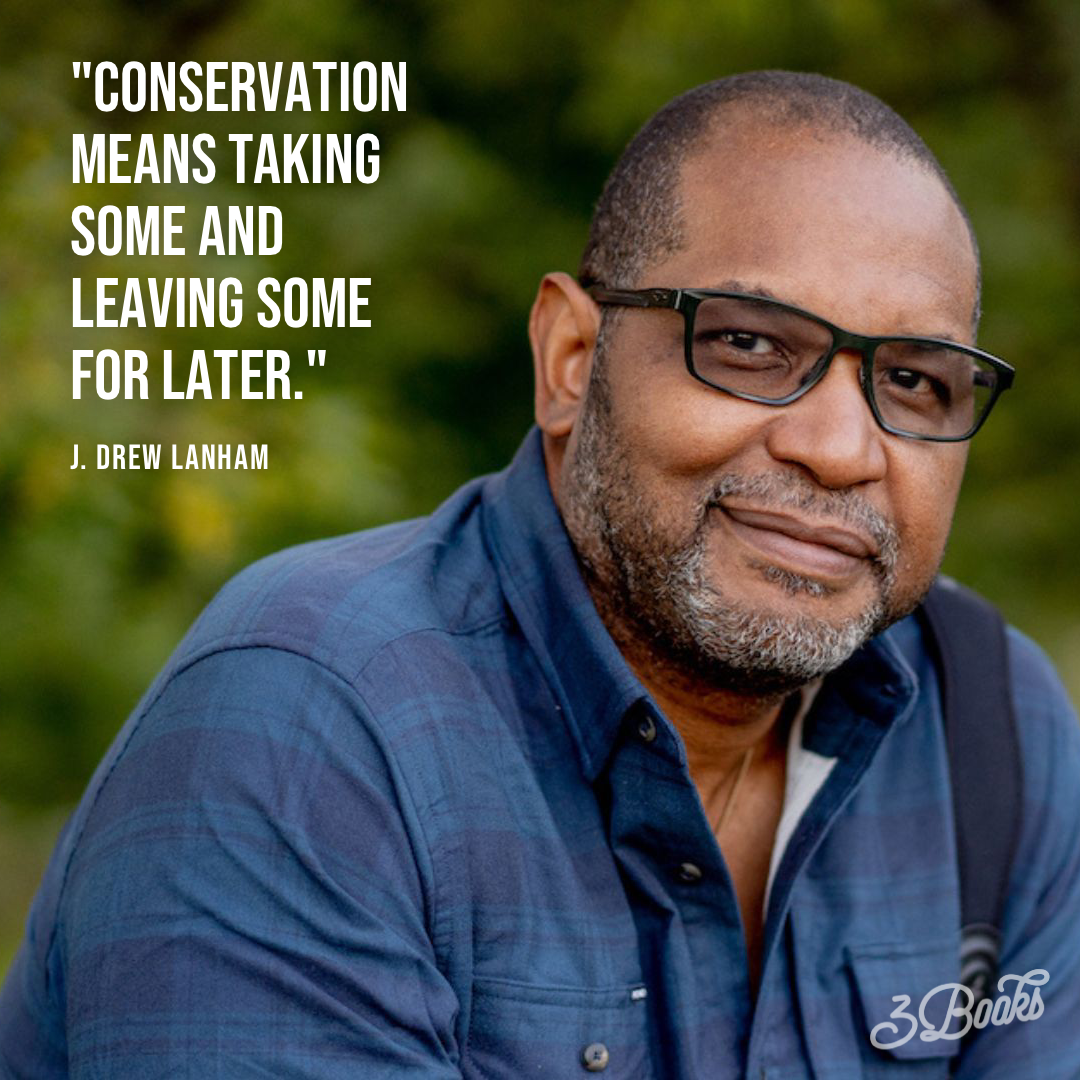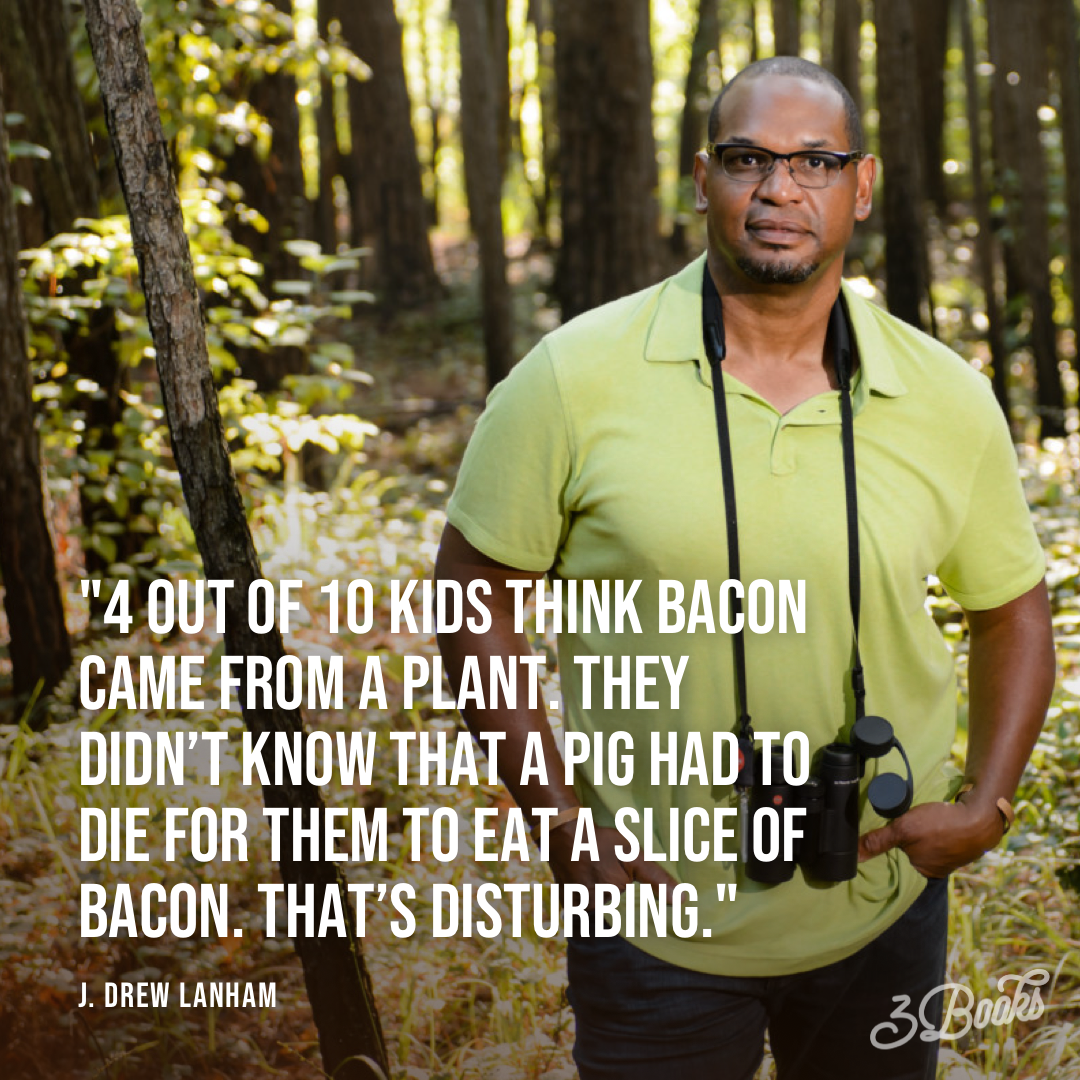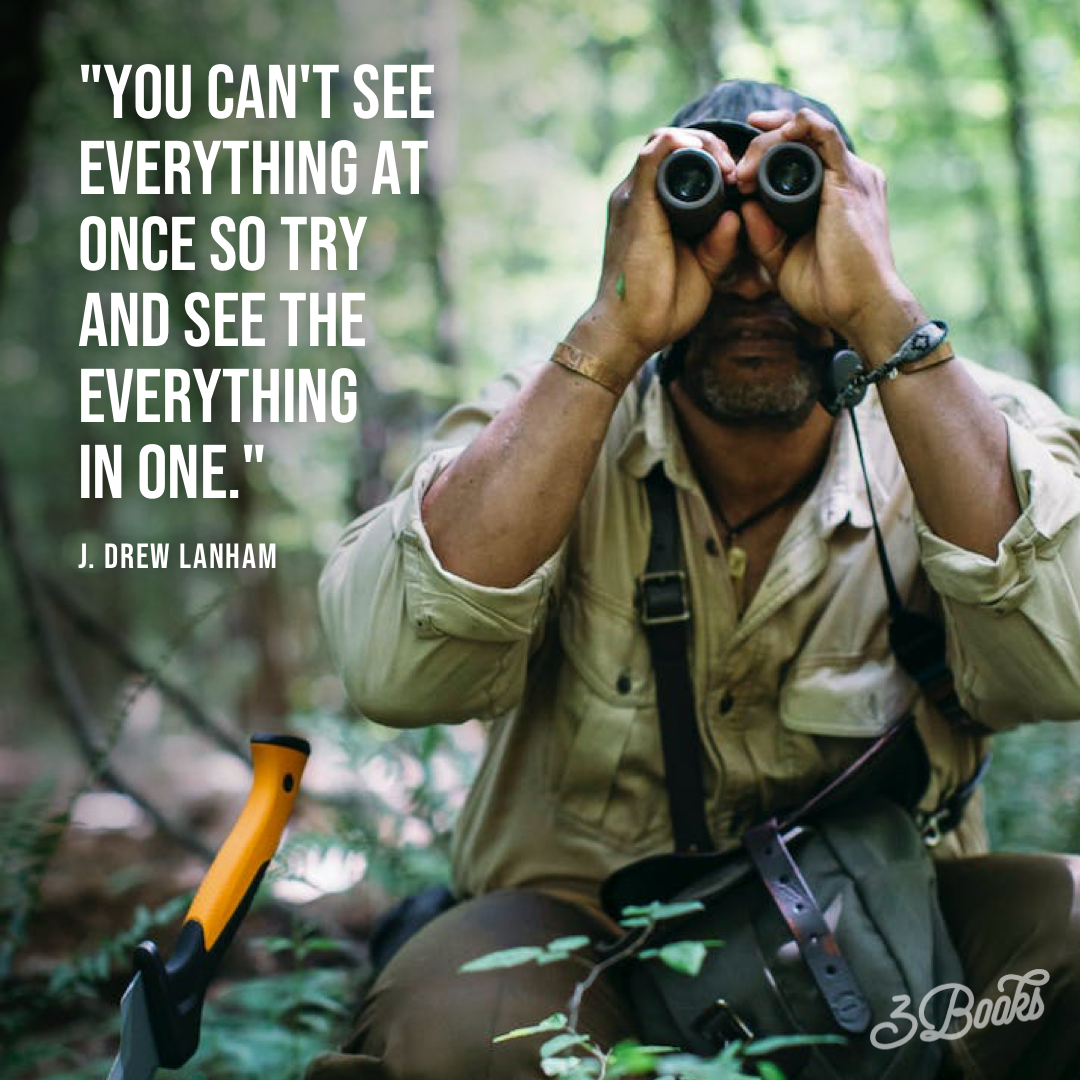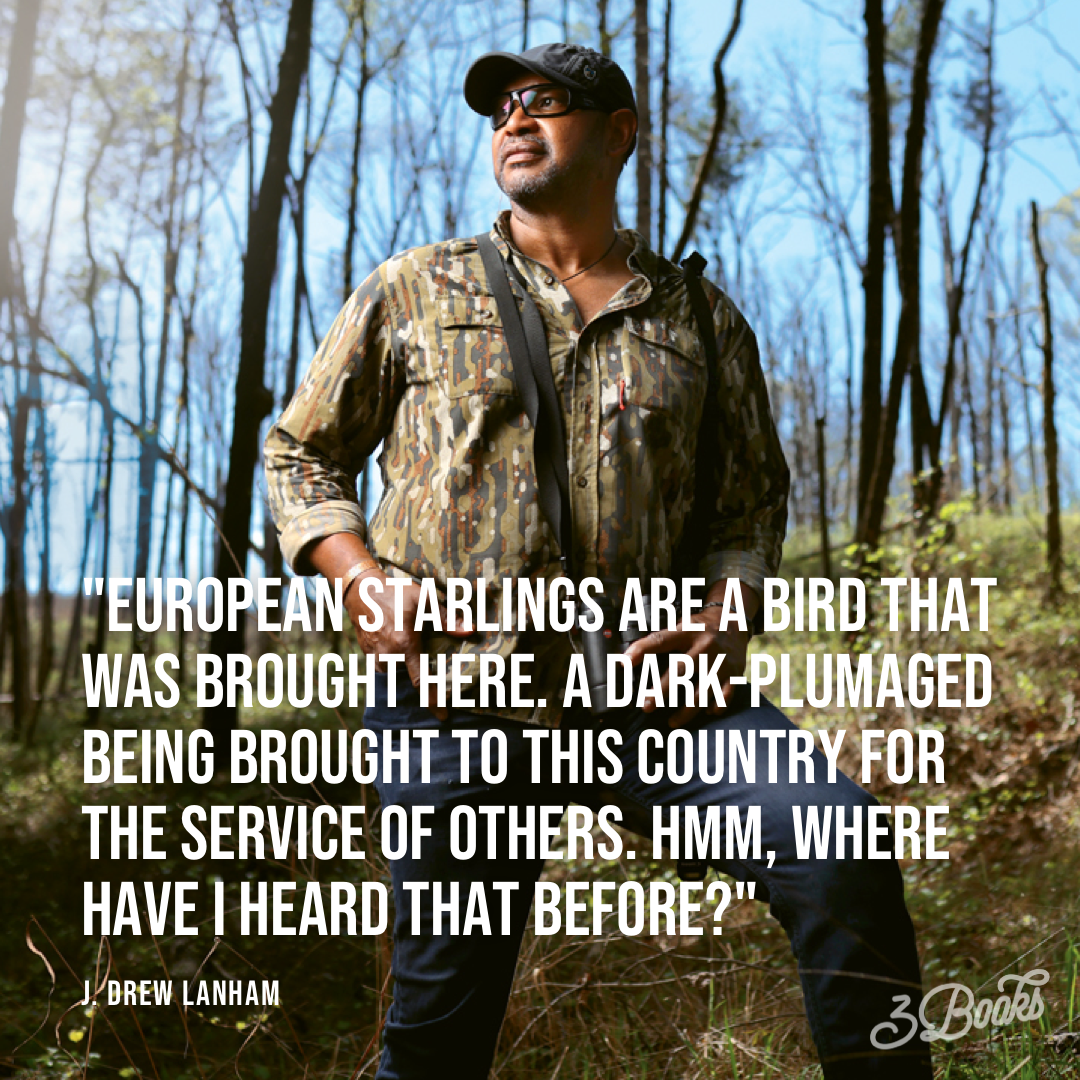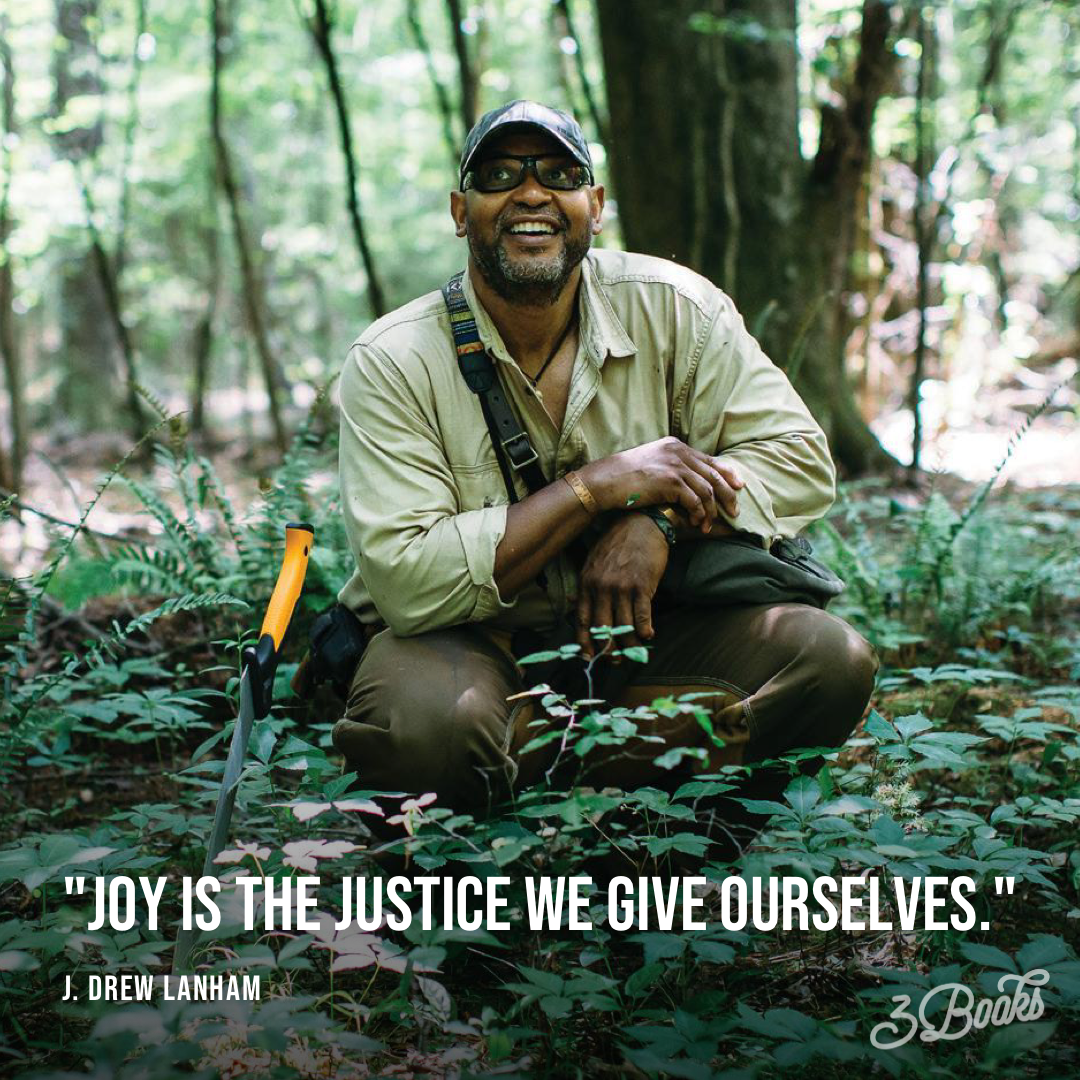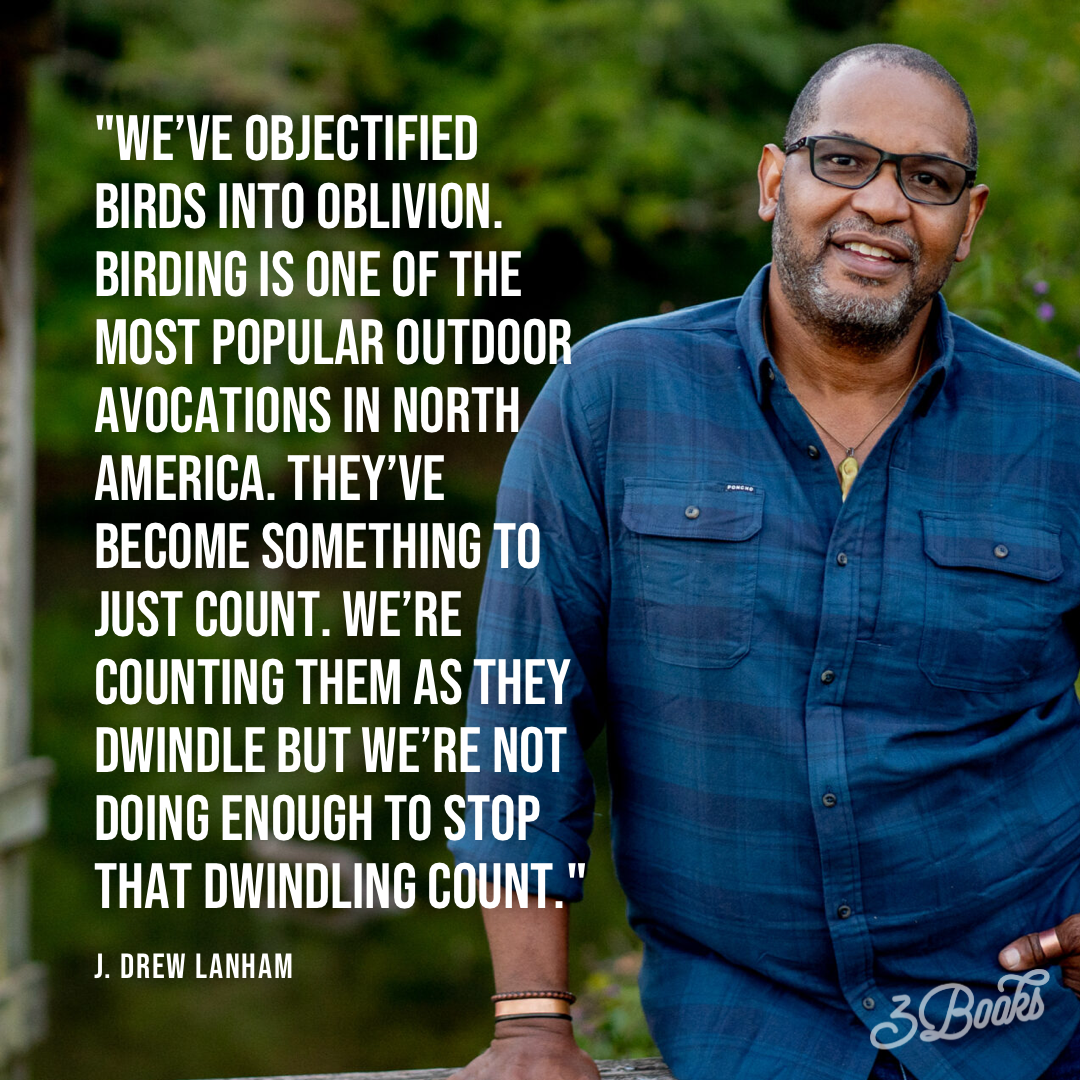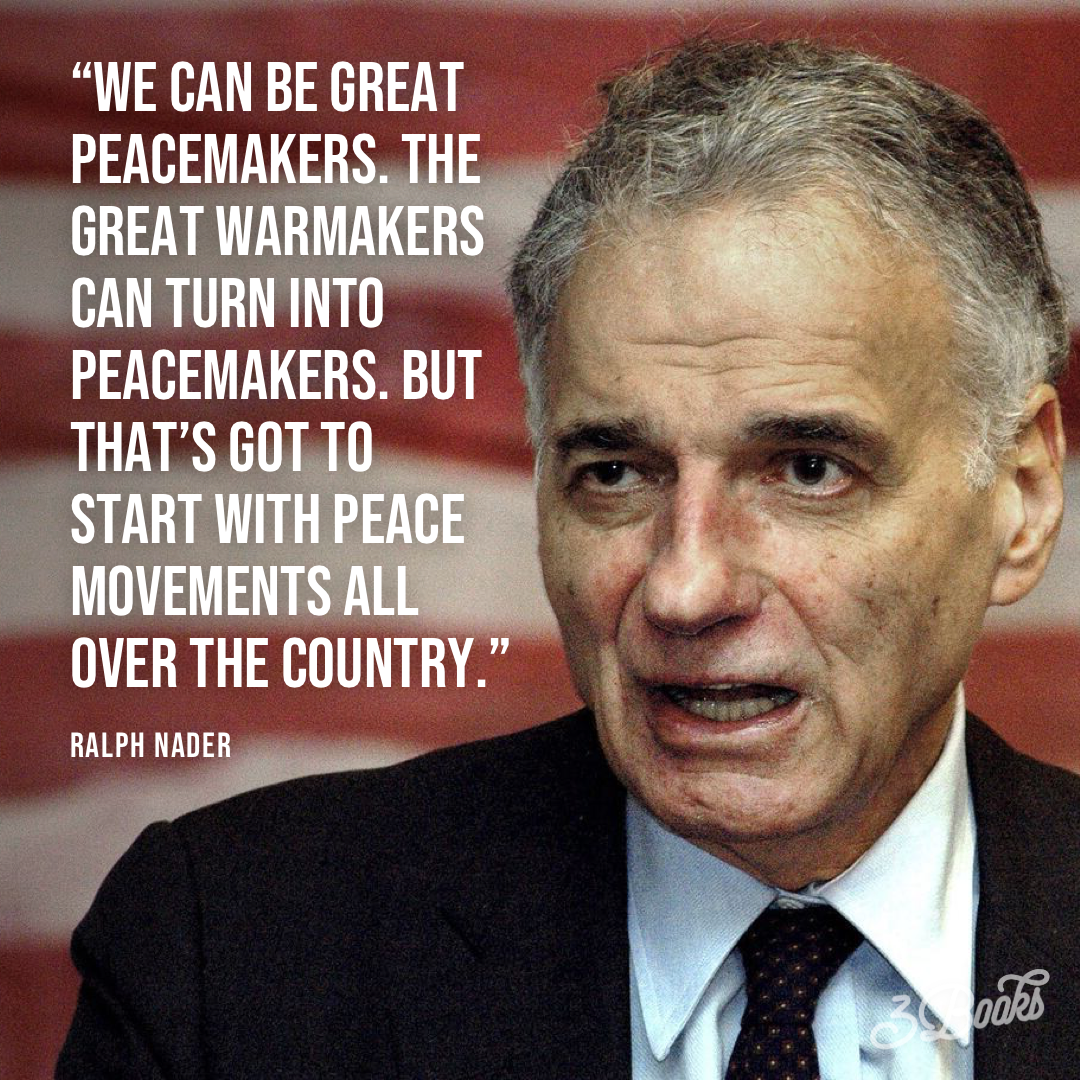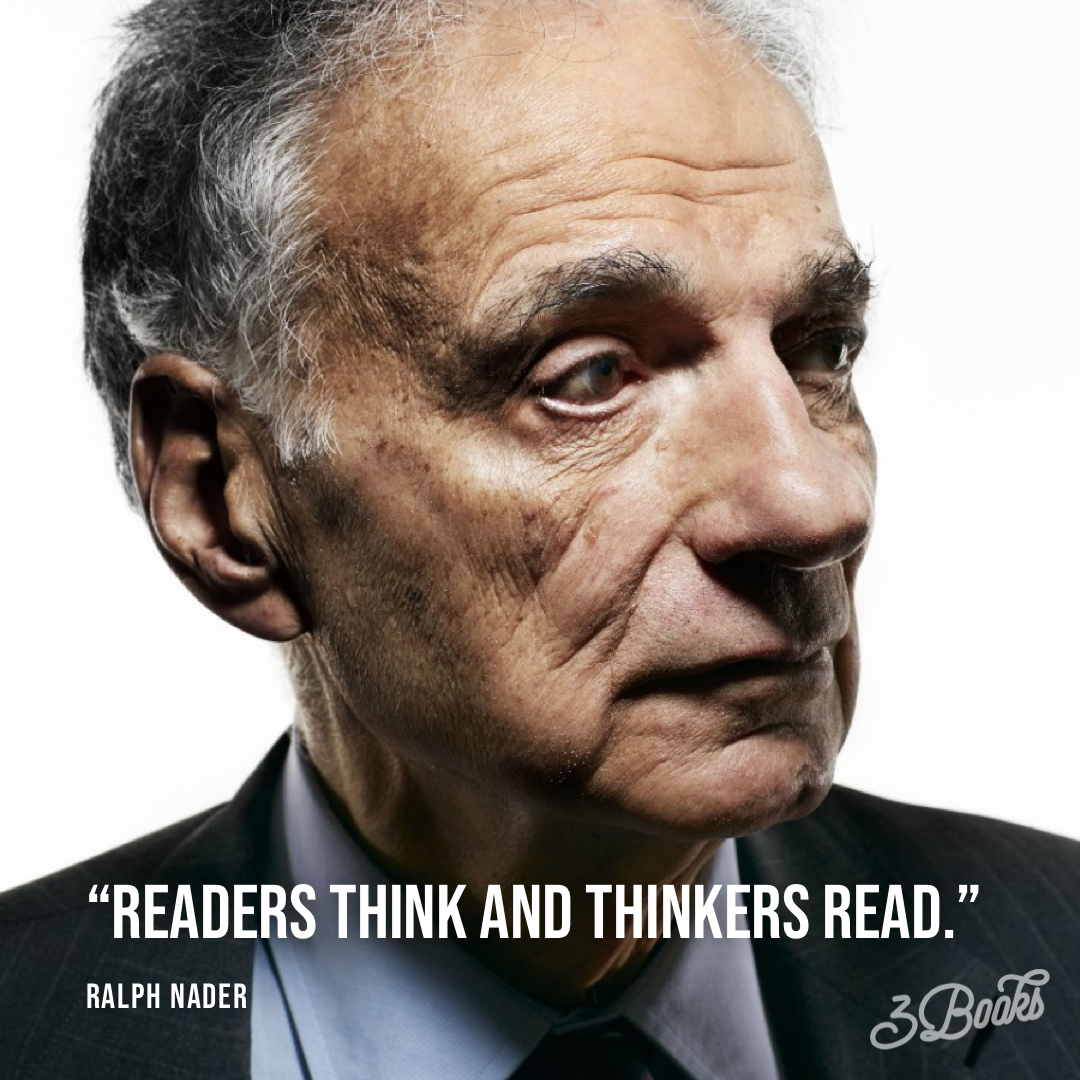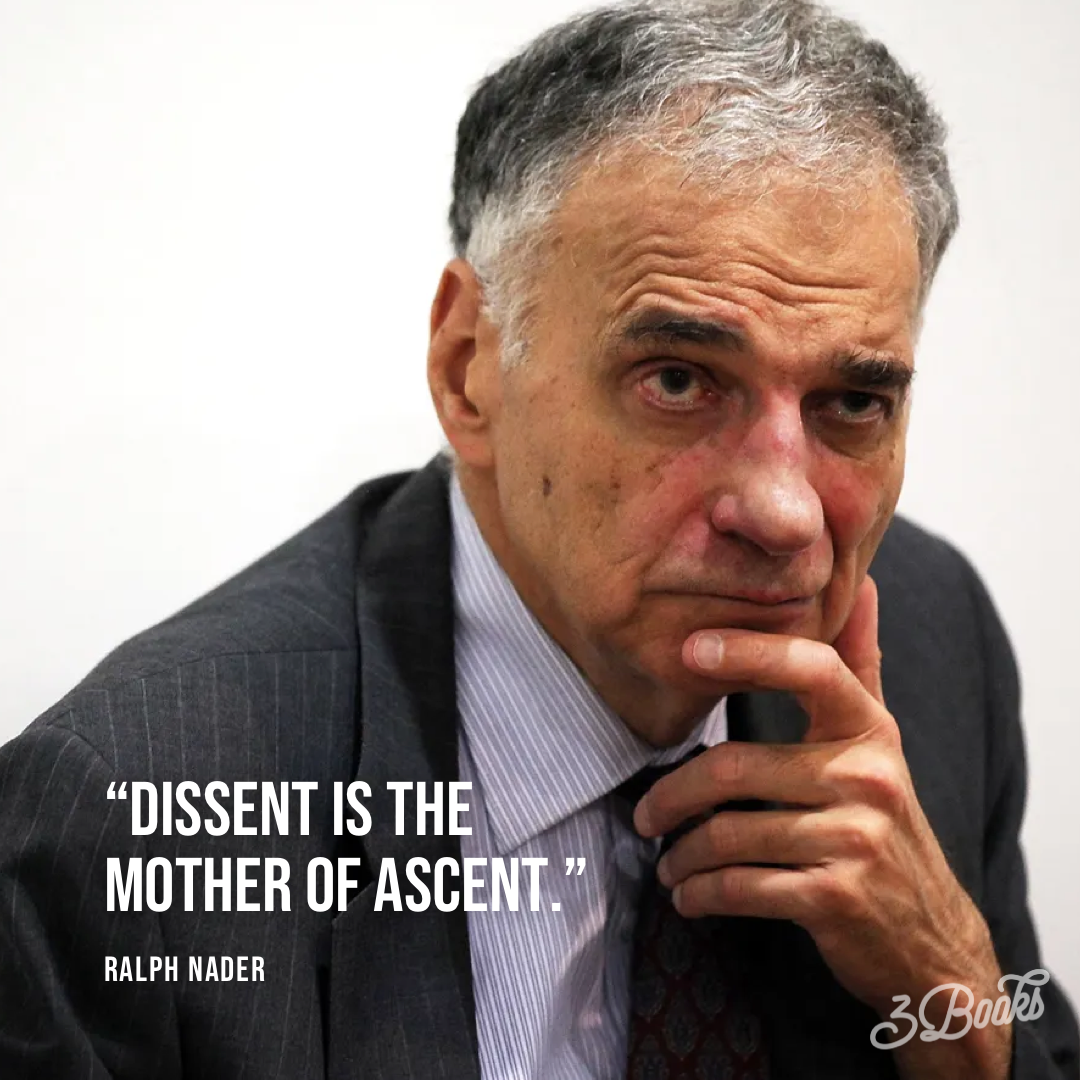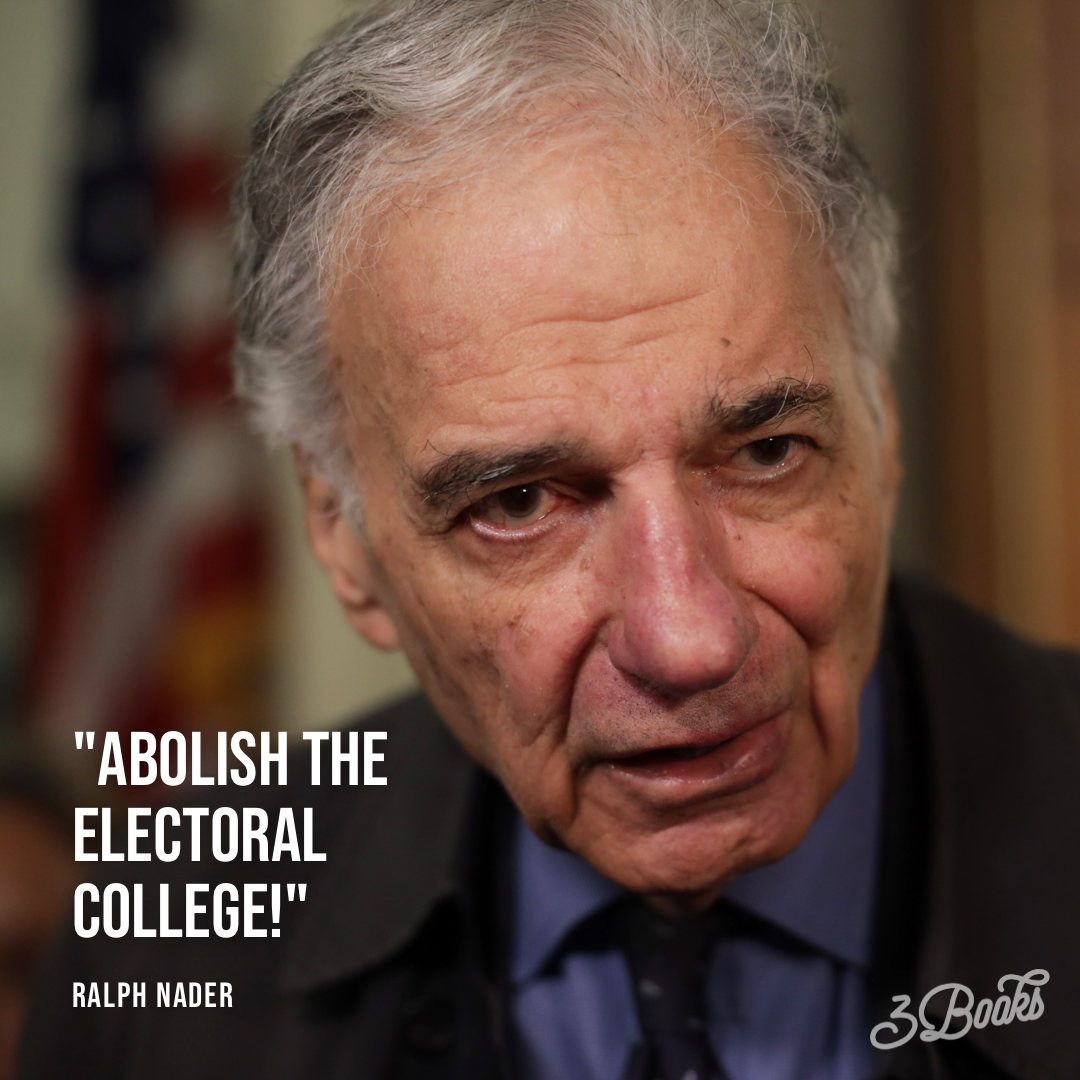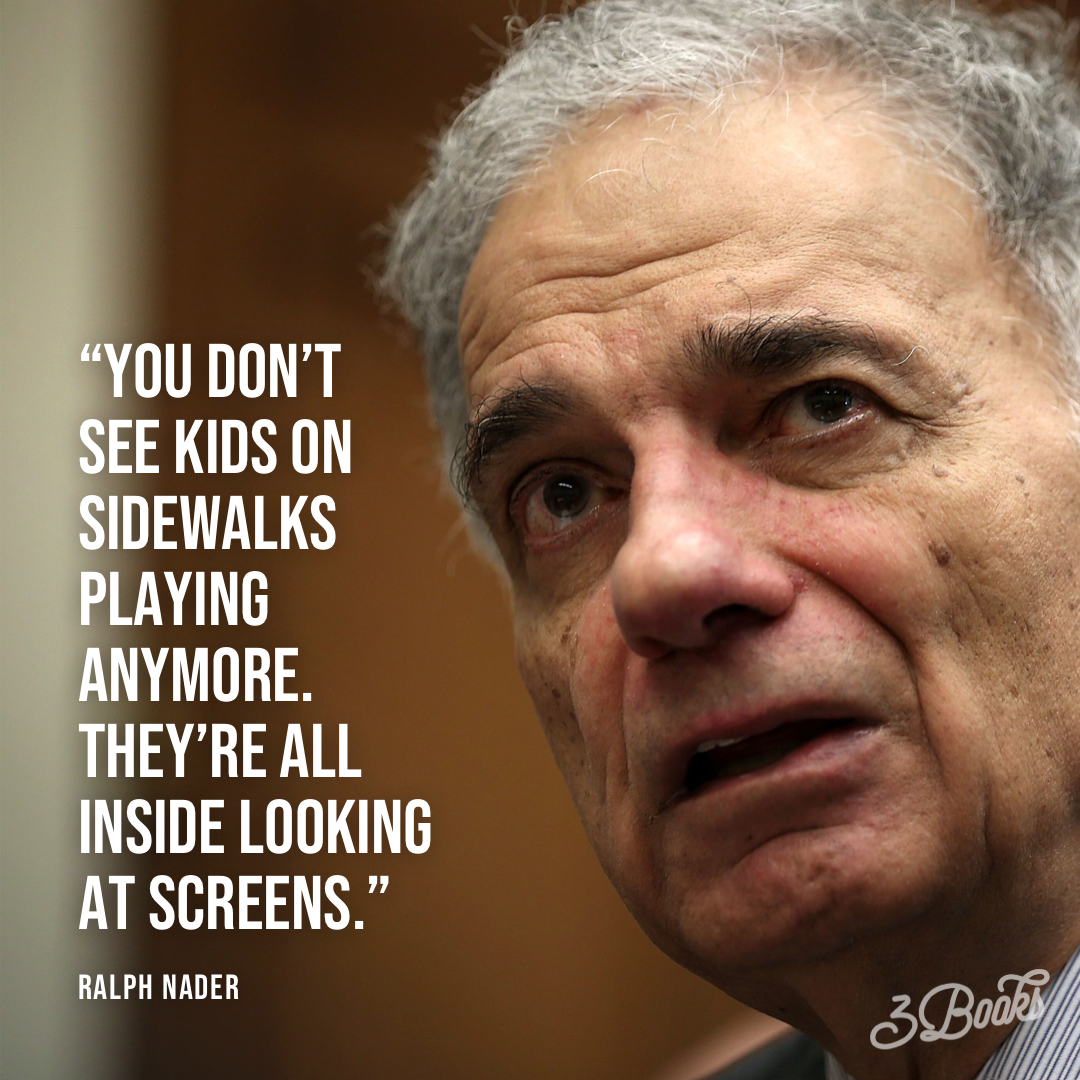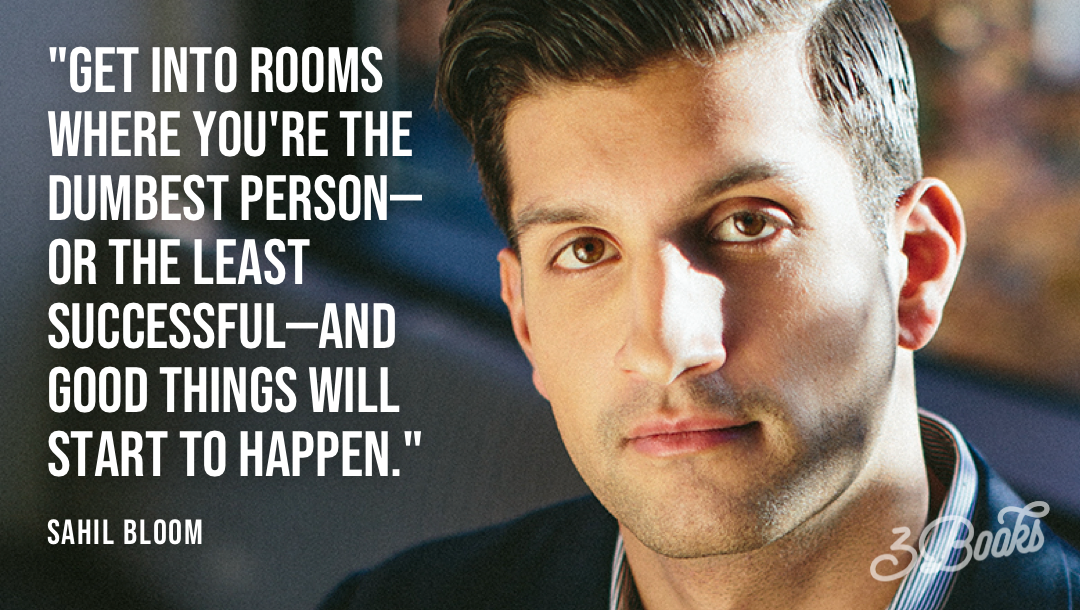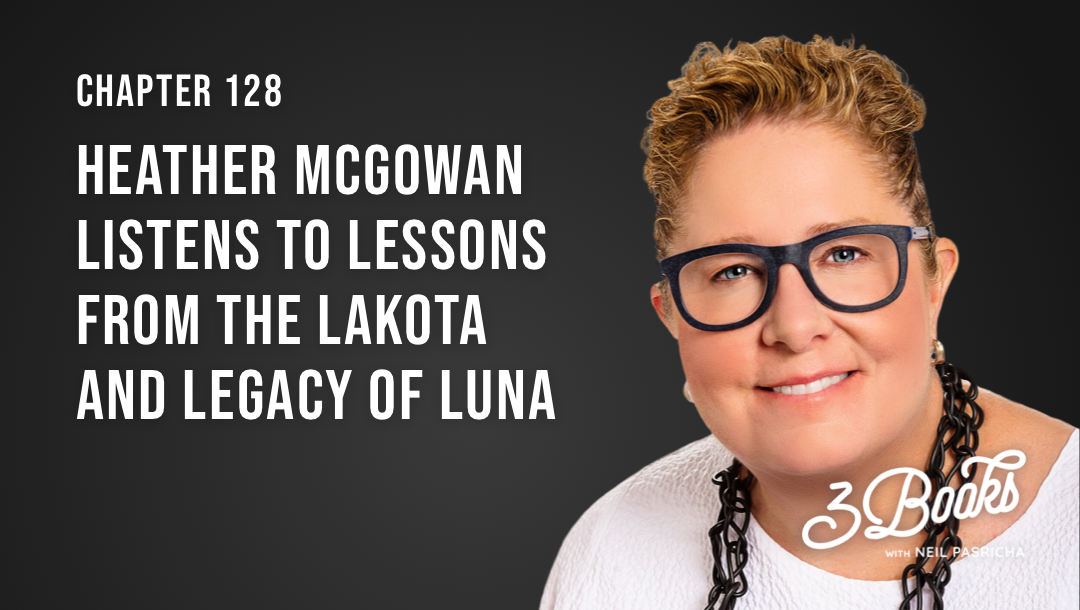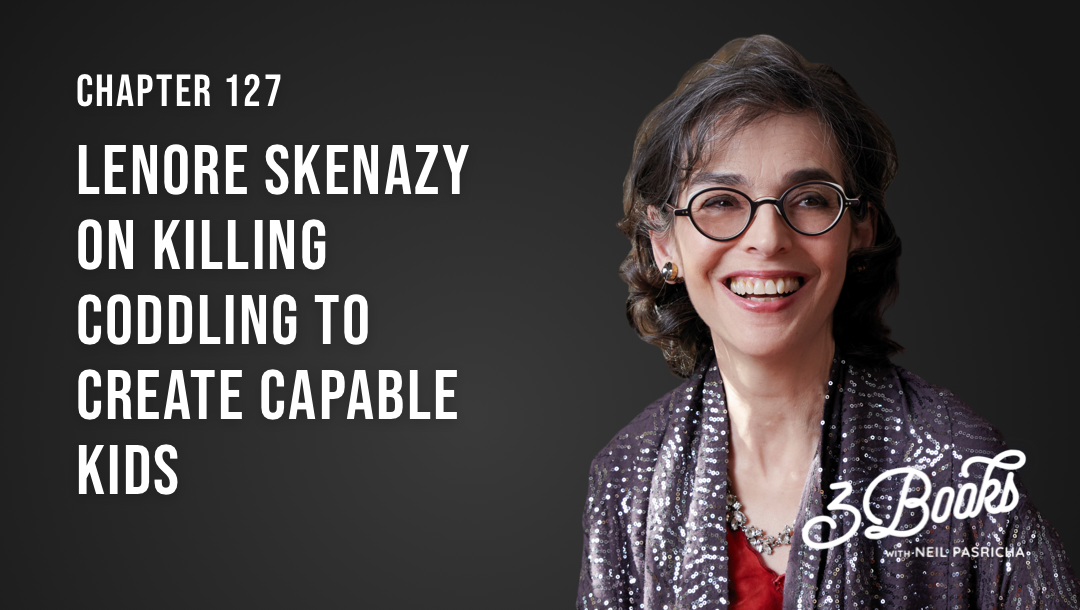Back in Chapter 101 of 3 Books we had a magical, eve-of-Everything-Everywhere-All-At-Once-coming-out moment-in-time conversation with creative super-geniuses Daniels — who are Daniel Kwan and Daniel Scheinert. We were discussing the fascinating book Sex At Dawn and our conversation led to discussing Dunbar’s Number.
Dunbar’s Number! Have you heard of Dunbar’s Number? It’s 150! That’s the cognitive limit on the number of social relationships we can have. We, as in humans. Limit, as in our brains can’t handle anymore. The number was coined, of course, by Oxford Emeritus Professor, Anthropologist, Evolutionary Psychologist, and General All-Round Super-Genius Robin, yes you guessed it, Dunbar. “There are only eight people with numbers named after them,” Robin says, with a grin. “And the other seven people are dead.” (Shoutout to Avogadro!)
Now: 150 is one in a series of numbers. More intimately: We have 15 ‘shoulders to cry on friends’, those who’d drop everything to help us or for whom we’d drop everything to help. And our cognitively limited brains can handle 500 ‘acquaintances’ and even 5000 ‘total faces.’ But 150? That’s the limit for ‘friends’. No wonder 150 is the average wedding size, it’s the average number of total people who 'see your Christmas card’, and it’s even the average size of 8000-year-old Middle East villages and 1000-year-old English countryside villages.
Once you start seeing this number — it’s hard to stop. But: Why is it important? Well, because friendships, the trust between all of us, it’s … at an all-time low. Surgeon General Vivek Murthy (our guest in Chapter 66!) has declared a ‘loneliness’ epidemic with 1 in 2 adults feeling alone now — higher than ever before in history. (Doesn’t sound too bad till you realize loneliness is worse for our health than smoking 15 cigarettes a day!) Meanwhile, the Harvard Adult Development Study, the longest study ever on happiness, says that friendship and community is the number one source of happiness.
So enter: Robin Dunbar! Wise, cheery, and ever-eloquent, he’s got a massive mind capable of distilling more than five decades of scientific work — and 16 published books including How Religion Evolved, How Many Friends Does One Person Need?, and Friends — into simple observations, prophecies, and advice on how we can all live richer, more fulfilling lives.
I found this an astoundingly nutritious conversation and we talk about: how to raise children, what HR departments should be doing, what you’re doing wrong when you go to the gym, why religion ‘dies during times of peace and revives during times of war’, the death and finding of our deep community, Robin’s 3 most formative books, and much, much, much more...
Let’s flip the page into Chapter 132 now...
Chapter 132: Robin Dunbar on nullifying negativity with numbered natural networks
CONNECT with Robin Dunbar
Robin’s 3 Books
First book (22:53)
Second book (1:12:47)
Third book (2:02:40)
Quotes
“Failure in relationships is almost always because of trust. One person has done something that has really broken trust. Sometimes its lots of little breakages along the way, which finally add up to enough’s enough.” — Robin Dunbar | 3 Books Podcast
“The great problem is that, if trust is lost, everything starts to fragment socially into lots of little ingroups.” — Robin Dunbar | 3 Books Podcast
“There are two major social skills that are very important in the context of trust. One is the ability to understand what other people are thinking, to see why they behaved in the way they did. And secondly, the capacity to inhibit what psychologists refer to as prepotent responses. You have to be able to suppress your selfish desire to help yourself to the biggest slice of cake on the plate in order to ensure that everybody else gets a bit of cake. If you don’t do that, social life is not going to be possible.” — Robin Dunbar | 3 Books Podcast
“The big problem you have with your friendships and your relationships, even your family relationships, is when you don't see somebody for a long period of time, the quality of that relationship just decays slowly but surely, and unavoidably.” — Robin Dunbar | 3 Books Podcast
“And you are never going to understand another culture or another ethnic group if you don't eat with them. You have to sit down and eat with them and live with them, as it were.” — Robin Dunbar | 3 Books Podcast
“There was a study of the effects done on people working together in an office that went out, eating together, and this actually benefits the kind of relationships within the organization. People weren’t so suspicious of each other from different departments.” — Robin Dunbar | 3 Books Podcast
“We have become less community-minded to a large extent because of two major factors. One is the television, and more recently, social media. The other is cheap alcohol and cheap food from supermarkets. So instead of going out to your local cafe, bar, or club in order to have a pleasant evening talking to different people, meeting new people who you’ve never met before, we instead sit in front of the television with a TV supper and a cheap beer.” — Robin Dunbar | 3 Books Podcast
“Religion dies during times of peace and revives during times of war.” — Robin Dunbar | 3 Books Podcast
“I think there are far too many books of advice on child rearing. Probably the best thing you can do is throw them in the trash can and just relax and take life as it comes. We’re designed by evolution to do these things.” — Robin Dunbar | 3 Books Podcast
“The mystical stance is what I call this sense of the unknowable that you encounter inside your mind through the use of mind-altering drugs or the practices of religion.” — Robin Dunbar | 3 Books Podcast
“The most important function HR departments could serve is to completely rethink what they do and become the social engineers of the company, not the social police.” — Robin Dunbar | 3 Books Podcast
“When you go to the gym, workout, or go for a jog, instead of putting your headphones on, take your headphones off so that you can talk to the person on the machine next to you. Go jogging with a group, with a friend. If you do these physical activities in synchrony with each other, it builds up this sense of camaraderie. You get to be fit and build friendships without having to do too much extra.” — Robin Dunbar | 3 Books Podcast
Download Transcript
Show Notes
Structural analysis of A Song of Ice and Fire by Robin Dunbar, et al.
Friends: Understanding the Power of our Most Important Relationships




